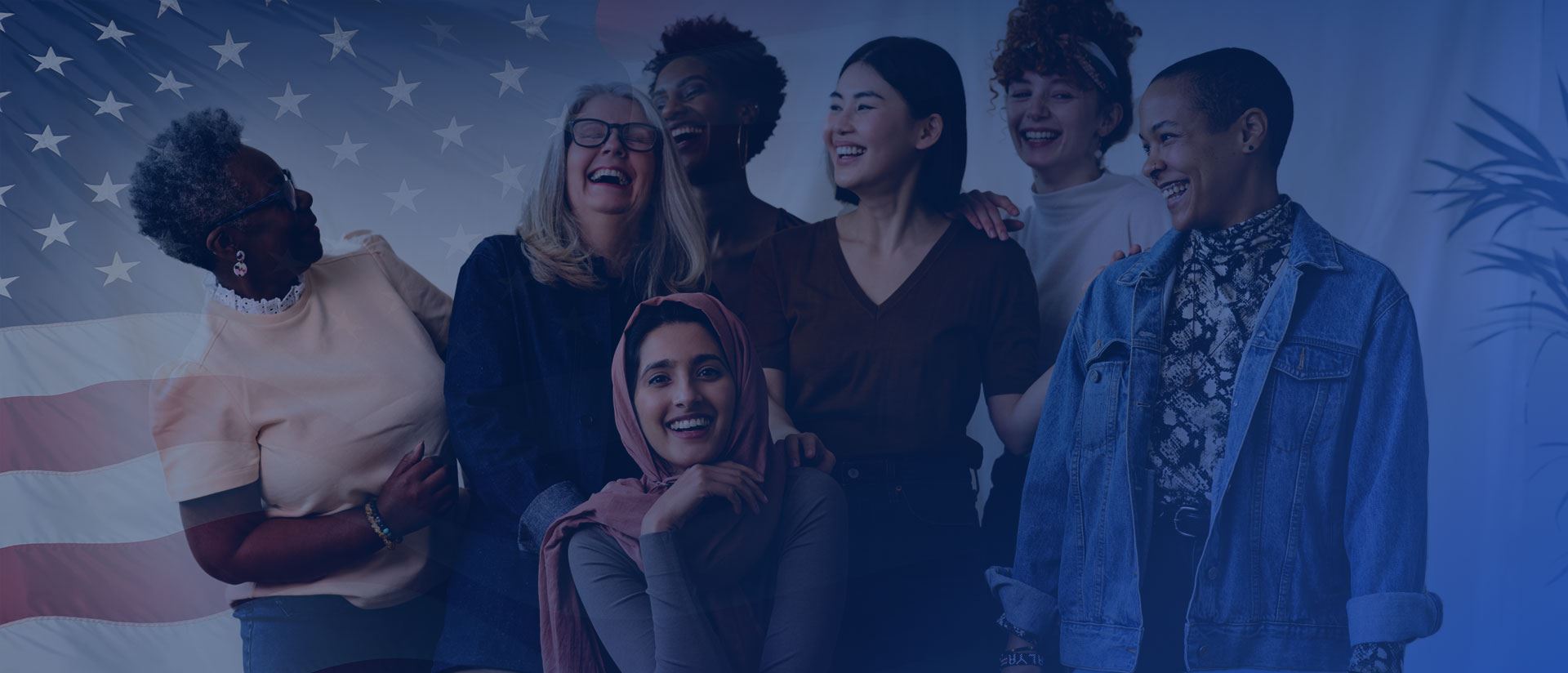
U Visas, T Visas, and Vawa
San Diego U-Visas, T-Visas, & VAWA Attorney
Humanitarian Visa Services in Chula Vista & North County
Within the bracket of humanitarian visas are residency protections for immigrants who have been victims of crimes in the United States. These rules were set out under the Violence Against Women Act (VAWA), U-visa, and T-visa protocols.
These categories can be more complex than other immigration reliefs, from an evidence-gathering perspective. As such, having an immigration attorney guide you through the process is vital.
What is a VAWA Visa?
The U.S. Violence Against Women Act of 1994 amended the Immigration and Nationality Act. Specifically, it gave abused spouses, children, and parents of U.S. citizens or LPRs the ability to petition for an immigrant visa. The rules apply to both men and women. Unlike traditional green card applications, the amendment means abused relatives can petition themselves without the abuser’s knowledge.
Eligibility for a VAWA visa ultimately depends on the nature of your relationship to the abuser and your current residence in the U.S. Understandably, this can be a very difficult process to handle, so having an immigration lawyer help you through it can make things easier.
Eligibility for Spouses
To be eligible for a VAWA visa as a spouse, you must:
- Be married to a U.S. citizen or permanent resident; or
- The marriage was terminated by death or divorce within the previous two years (divorce must be related to the abuse); and
- Have been abused by your spouse (or your children were abused);
- You did not marry for immigration reasons; and
- You have lived with your spouse.
Eligibility for Children & Parents
For a VAWA visa as a child or parent, you must:
- Be the parent or child of a U.S. citizen or LPR (if a parent, your abusive son/daughter must be at least 21 years of age);
- You have been abused by either your parent or child;
- You have lived with them; and
- You are of good moral character (children under the age of 14 are automatically assumed to be of good moral character).
Applying for a VAWA Visa
Applying for a VAWA visa follows a similar process to other applications for adjustment of status. The main difference is that you can self-petition without the abuser’s knowledge. As such, gathering the right information can be a stressful and difficult process, so it helps to have an immigration lawyer guide you through it.

What is a U-Visa?
A U-visa is a type of nonimmigrant visa reserved for victims of certain crimes who are involved in the investigation and potential prosecution of said crimes. As a nonimmigrant visa, it is temporary, although in certain circumstances can be adjusted to a green card at a later stage.
There are numerous crimes that qualify for a U-visa, which include:
- Extortion
- Felonious assault
- Domestic violence
- Rape or sexual assault
- Murder
- Obstruction of justice
- Witness tampering
As your eligibility ultimately depends on being the victim of a certain crime, it is worth confirming with an immigration lawyer whether you qualify. Although the eligibility criteria are seemingly straightforward, it can be quite a complex application process.
Applying for a U-Visa
To petition for a U-visa, you must begin by filling in Form I-918, which includes a supplement signed by an authorized law enforcement agency. You must also provide a statement regarding the crime of which you are a victim, along with other evidence to establish eligibility. You can file Form I-918 from outside the United States as long as the crime you were a victim of occurred in the United States and qualifies as a protected crime under the U-visa requirements.
The standard U-visa is valid for four years, although you can apply for an extension in some instances, such as if the investigation is still ongoing. After three years of holding a U-visa, you can apply for a green card via adjustment of status, provided you have been helpful during the criminal investigation.
What is a T-Visa?
A T-visa is a type of nonimmigrant visa for victims of severe human trafficking. It permits visa holders an initial stay of four years in the United States and can be adjusted to a green card after three years, in some circumstances. A T-visa is also a possible option for certain family members of trafficking victims.
U.S. federal law considers a person to be a victim of severe trafficking if they are involved in sex trafficking or labor trafficking. Also, you must have entered the United States due to trafficking and be willing to comply with criminal investigations into the matter.
Applying for a T-Visa
You must submit Form I-914 to begin your T-visa application. As part of this, you must submit evidence that you have assisted with criminal investigations or are exempt from this. The application includes evidence of other eligibility requirements, such as showing you would suffer extreme hardship if removed from the United States.
As with U-visas, gathering evidence and applying for a T-visa can be a very stressful process. An immigration lawyer can help you through the process and remove as much emotional stress as possible by directing you to the evidence you need.
Humanitarian Visa Assistance
San Diego Immigration Law Office APC has extensive experience dealing with humanitarian visa applications, so we know how best to handle the process. We understand that it can be difficult for victims of crimes to gather evidence in this way, so we approach the issue with compassion and understanding.
If you believe any of the above apply to you, get in touch with San Diego Immigration Law Office APC. We can arrange a consultation to understand your circumstances in more detail and provide flexible payment plans to suit all needs. We are here to help.

